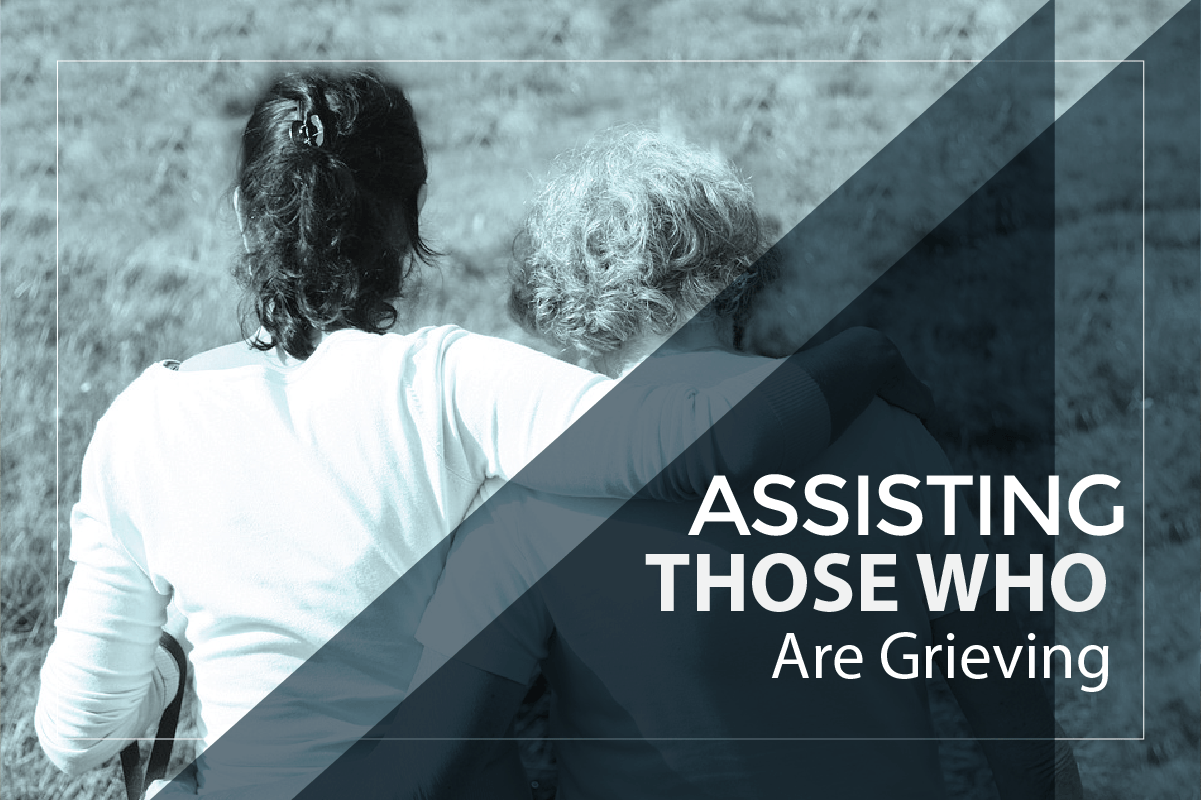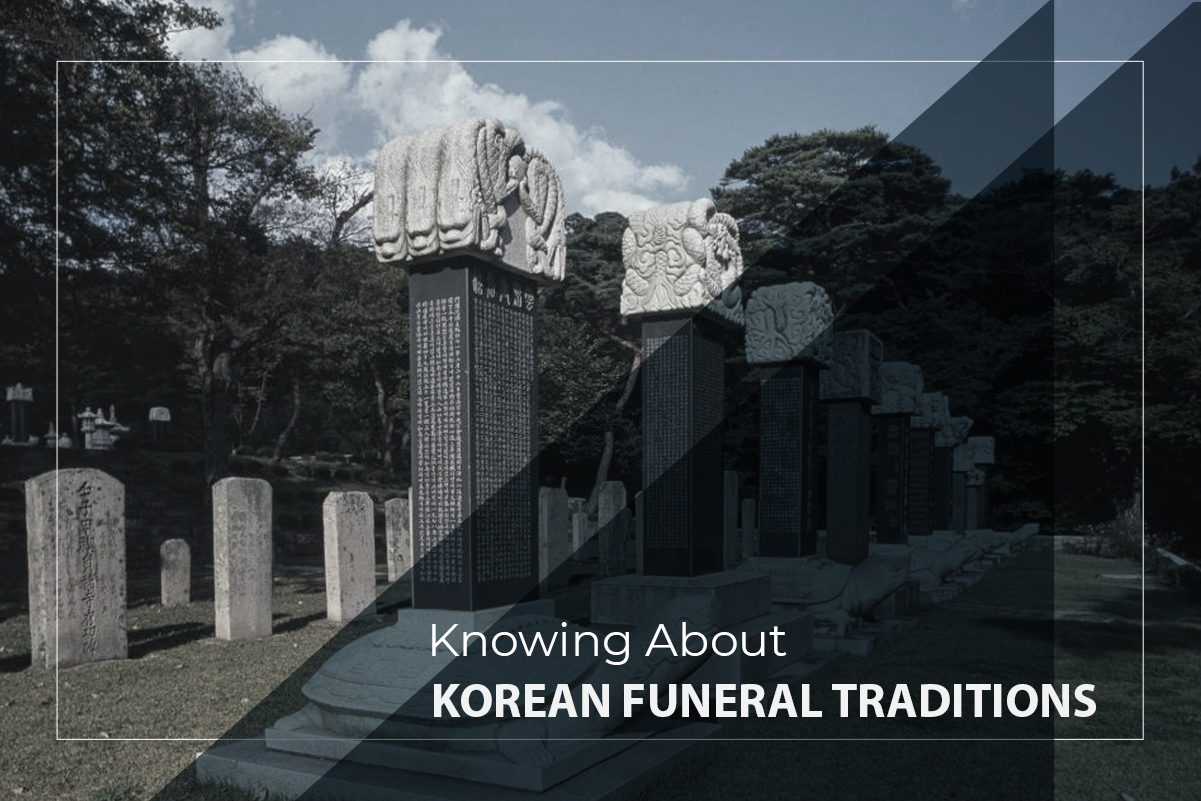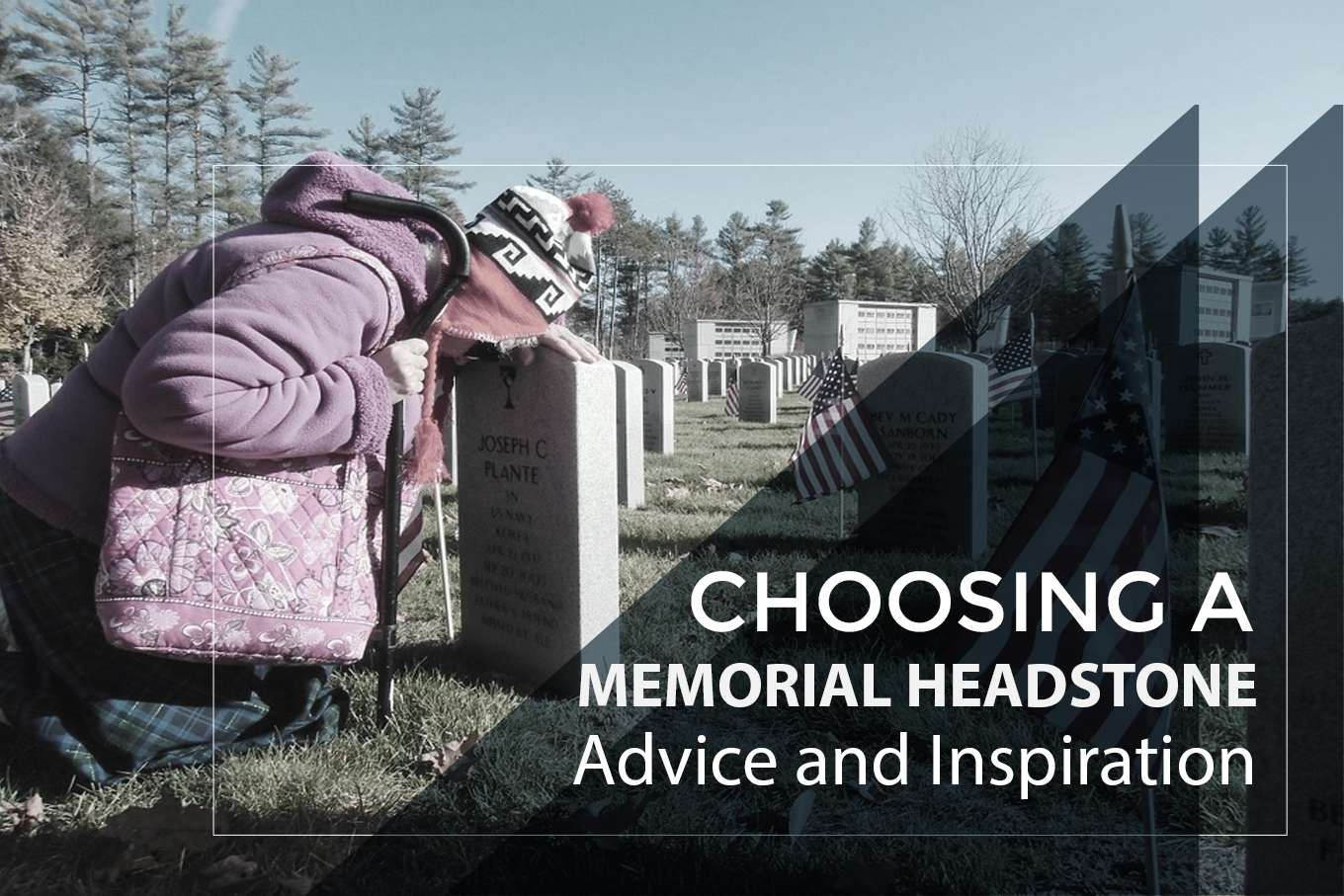
10 Steps to Assist those Who are Grieving
If you have ever lost special someone in your life, you would know what it means to grieve and mourn. As humans, we tend to build strong connections with those around us and the stronger the connection, the deeper is the pain of losing them. At such times, close friends and family can offer the support and assistance the aggrieved needs, to go through the process of healing.
Here are 10 steps that you may keep in mind when trying to assist those who are grieving:
1. Presence
Your presence says a lot more than you think. Just by being there you are telling your friend that you care and understand the magnitude of his pain. The sooner you rush to your friend’s side, the better it is. Some people may deny the need for a friend at this time, but deep inside, they do need it, and sooner or later will acknowledge it too.
2. Let them Cry
Tears are also a language, the language of pain and loss. Crying can be very therapeutic for those suffering a loss and the worst you can do is to discourage them from letting their emotions out. If a friend is in mourning, make them feel comfortable about expressing their feelings. They may break down unexpectedly at times, but that is just their way of dealing with the loss. The company of friends should be one place where they don’t have to mask their emotions and give the impression of ‘I’m fine’.
3. Don’t take their Attitude Personal
While some people shed tears in mourning, others can get quite aggressive and violent. At such times, it is best not to take their words and behavior to heart. Their attitude is more a personal coping mechanism for them than anything to do with you. They may get upset at the smallest of things like being asked if they need anything, but that is because they are going through so much inside that it makes it difficult for them to handle and face reality of any kind too. What they truly need is your care, patience and understanding to help them make peace with the painful truth.
4. Silence is Okay
Don’t force your friend to talk about his feelings if he doesn’t feel like it. Many people go quiet after a tragic loss and that is absolutely fine. They may not say anything and may not even want to be told too much too. Avoid advising them too much on how to cope with their loss, or worse, saying that it will all be okay. This is not what they need to hear at such a time, in fact, they may appreciate more if you just offer a loving hand and time while they come through to a point where they are able to voice their feelings and even seek advice!
5. Offer them Practical Help
Death can be such a tragic loss that it leaves one completely shaken. One is unable to look after himself at such a time, let alone fulfill his other duties and obligations. That is where you come in. Offer to take care of their chores like looking after their home and family if you can. You can also divide the tasks amongst each other so that your friend does not need to stress about these things at this time. Manage their bills, correspondence and any other urgent issues so that they are able to relax.
6. Assist them in Dealing with Guests
Friends and family, far and wide, reach out to his immediate relatives at the time of one’s death. If your grieving friend is being approached by his friends and family, stand by him while attending them. If he needs some time off and is in no mood to meet people, cover up for him and deal with them with patience and kindness. Answer their queries to the best of your knowledge and assure them that you will convey their condolences to your friend. There may also be a lot of calls, emails and social media messages that need to be replied to.
7. Don’t Disappear
Mourning is not a process that takes a few weeks or months. For some, it may take years to get over their pain. Be there for your friend if he has suffered a loss. Don’t vanish after a few weeks but keep a regular check on him through calls or visits once in a while. Drop in a message every now and then to let them know that you are thinking of them. This will assure them of your love and concern and minimize their pain of loneliness.
8. Let them Talk
Some people cope with pain by talking about it for hours and hours. They may repeat the same thing over and over again but don’t correct them. This may be there way of dealing with it and sorting out their emotions openly. Make them feel comfortable about it.
9. Be There on Special Days
One of the most painful times after the death of a loved one is facing special days without him. Birthdays, anniversaries, Christmas, New Years are dreaded more than looked forward to due to the memories of your loved ones attached to them. At such a time, try to be there for your friend. Discuss with him how he wants that day to be. Don’t pressurize him to celebrate the conventional way if he doesn’t feel like it. You can take them to the beach or cuddle up in the lounge if that’s what they want.
10. Organize a Special Prayer or Memorial
Prayer can do wonders for those who are grieving. It can be a very calming activity to have your friends gather and offer a special prayer in the name of the deceased. If your friend agrees, organize a special prayer or memorial in the name of his loved one and commemorate him in a most special and dignified way. You can also visit the grave and headstone site of the deceased with them.
Conclusion
Emotions and psychology are complicated subjects as each human reacts differently to his pain. Some people are more expressive about their feelings while others prefer to lock them inside. That is why, one has to be cautious when trying to help those in mourning, not imposing their own opinions on them on how to cope with the pain but also being there in case they reach out to them for assistance and support.
















